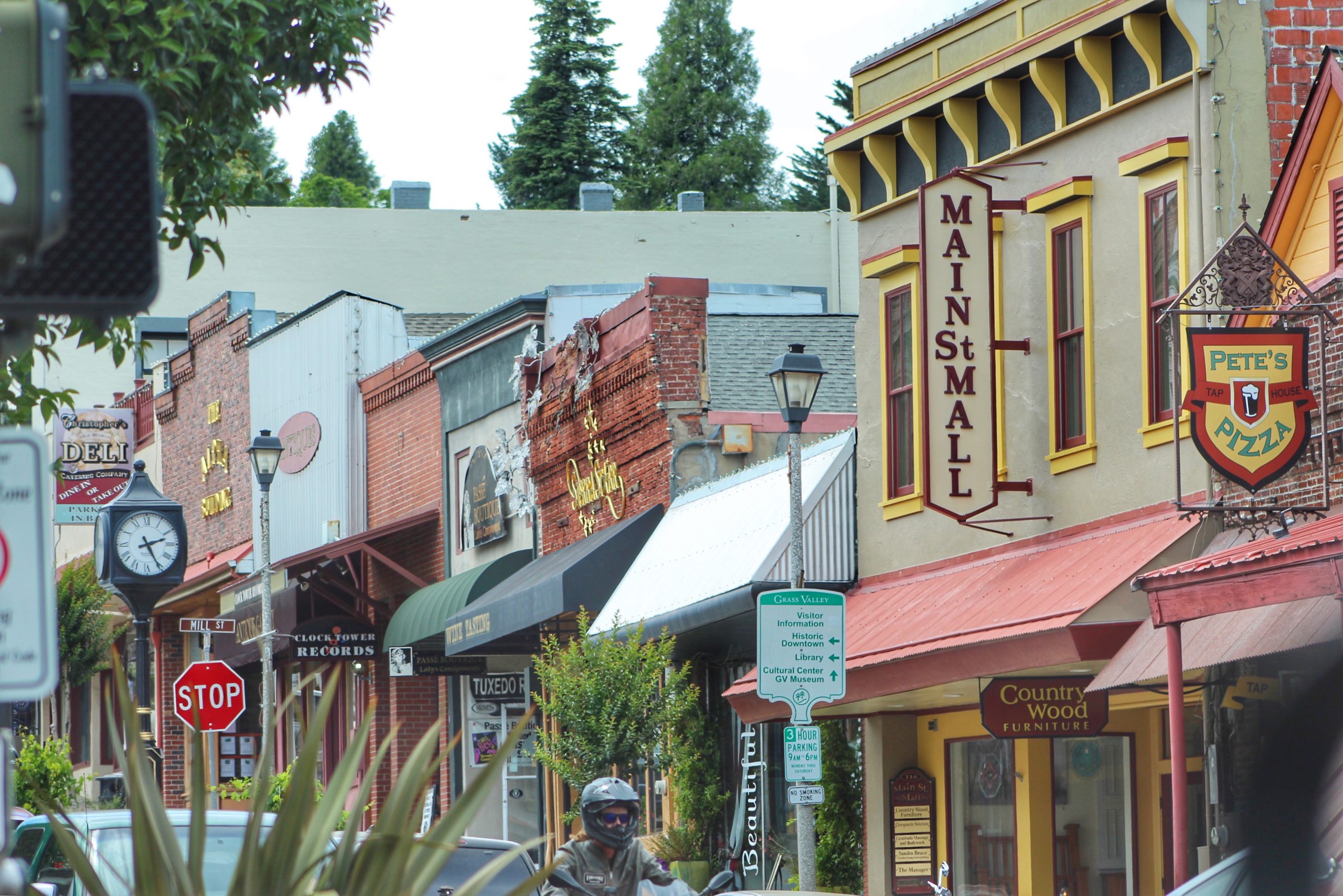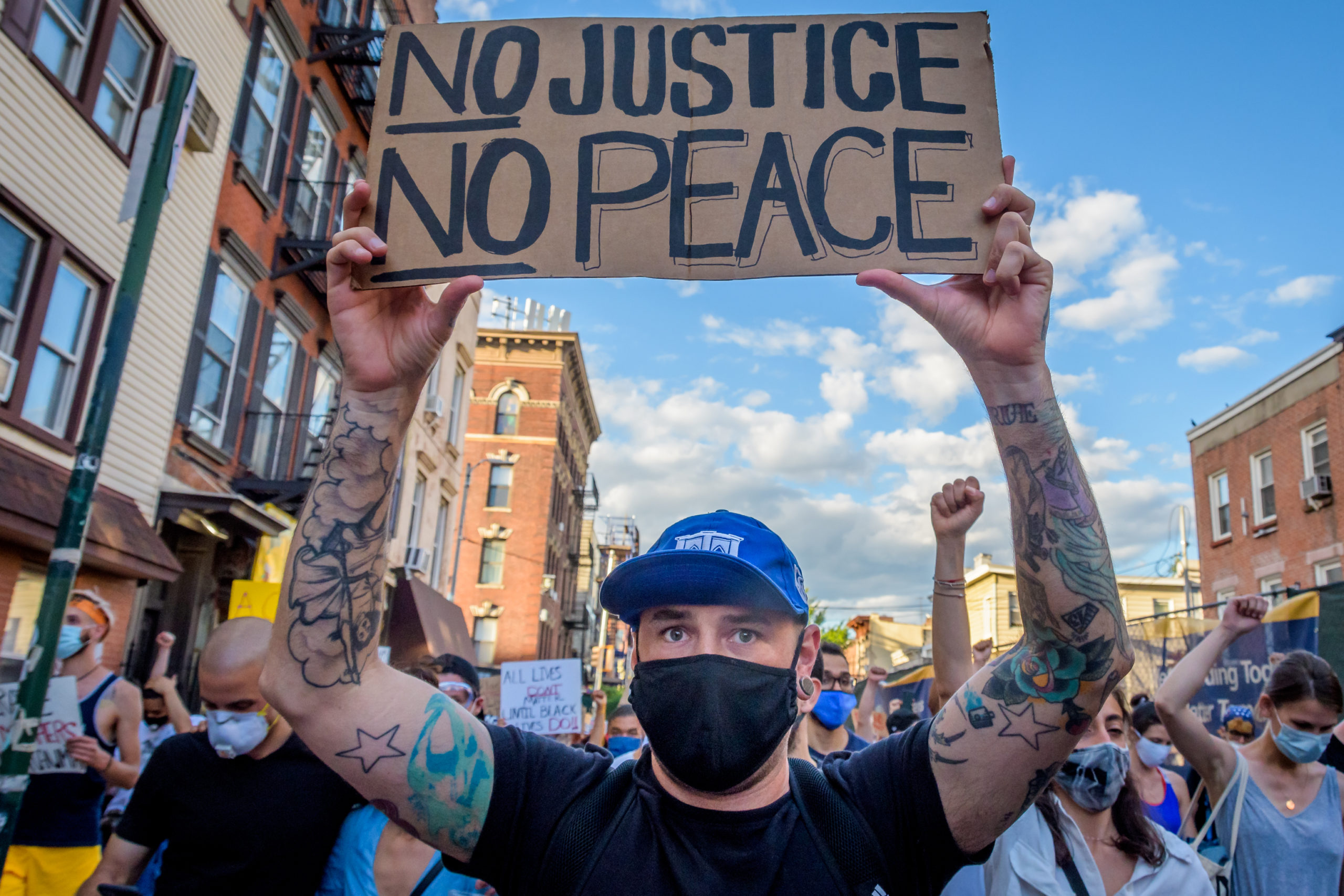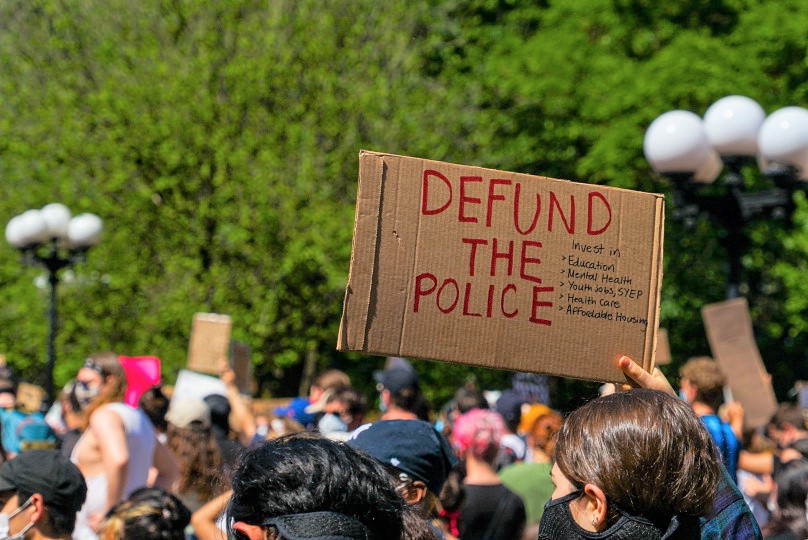Americans who live in areas packed with neighborhood amenities tend to have a more diverse set of friends and acquaintances. Continue Reading →
No one seems happy about politics these days – but White Liberals are uniquely pessimistic. Continue Reading →
In the wake of George Floyd’s death, “defund the police” became a rallying cry among many liberal activists. Even so, the movement never really caught on among the establishment wing of the Democratic party. Certainly, rising crime had something to do with this: The FBI found that the murder rate increased roughly 30 percent between Continue Reading →
Americans who pass up an opportunity to go to college may pay for it in the long run, and not just in their paychecks. Continue Reading →
Survey report December 13, 2021
The College Connection: The Education Divide in American Social and Community Life
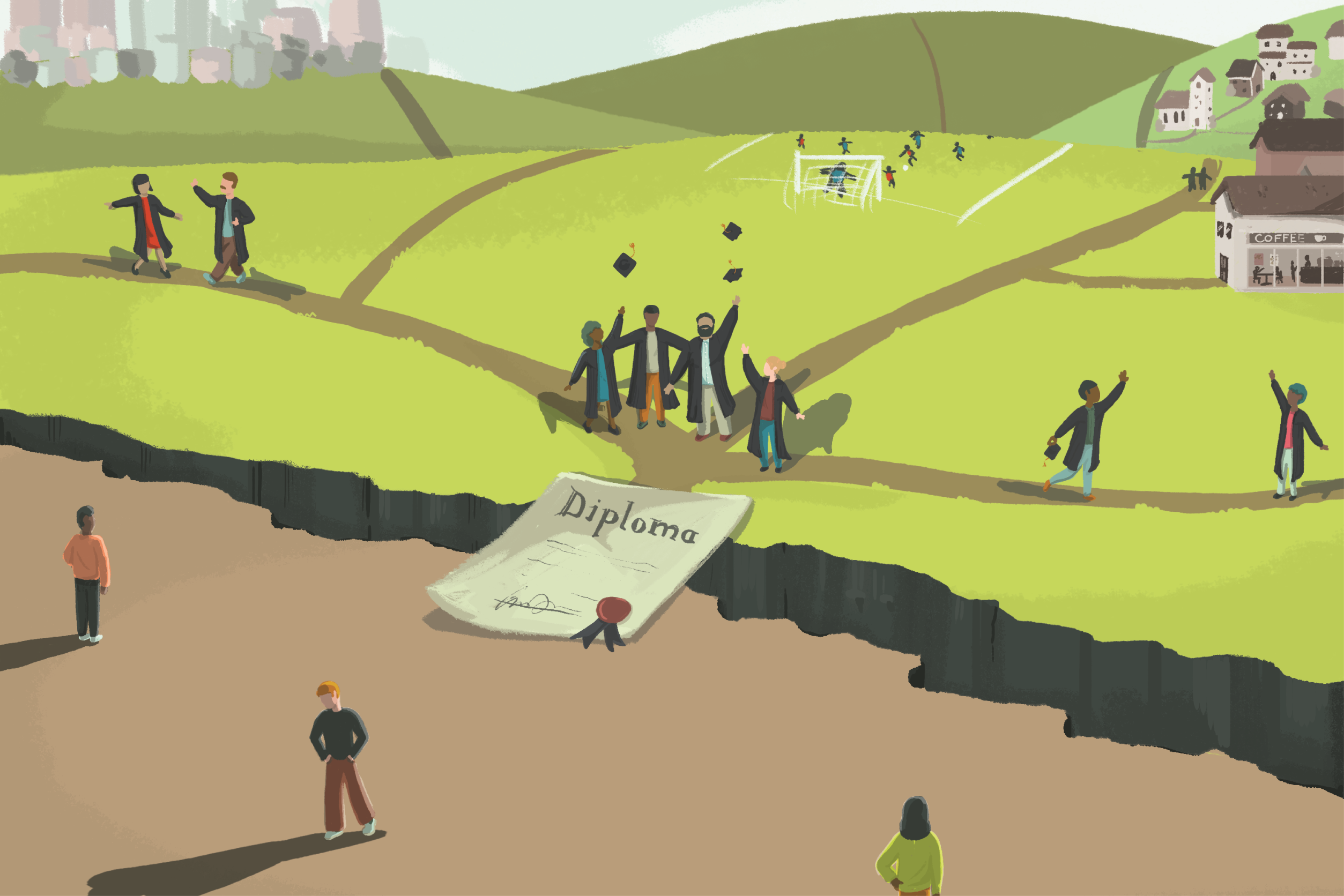
Despite concerns about rising student debt, the economic value of a college education has never been clearer. College graduates are more socially connected, civically engaged, and active in their communities. College graduates have more extensive systems of social support, a larger number of close friends, and feel lonely and isolated less often than those without a degree. Continue Reading →
Violent crime is up. Data from the FBI found that the murder rate increased nearly 30 percent in 2020. And homicides continue to rise in 2021 as well, if not by quite as much. Americans have noticed. Continue Reading →
Survey report October 20, 2021
Public Places and Commercial Spaces: How Neighborhood Amenities Foster Trust and Connection in American Communities
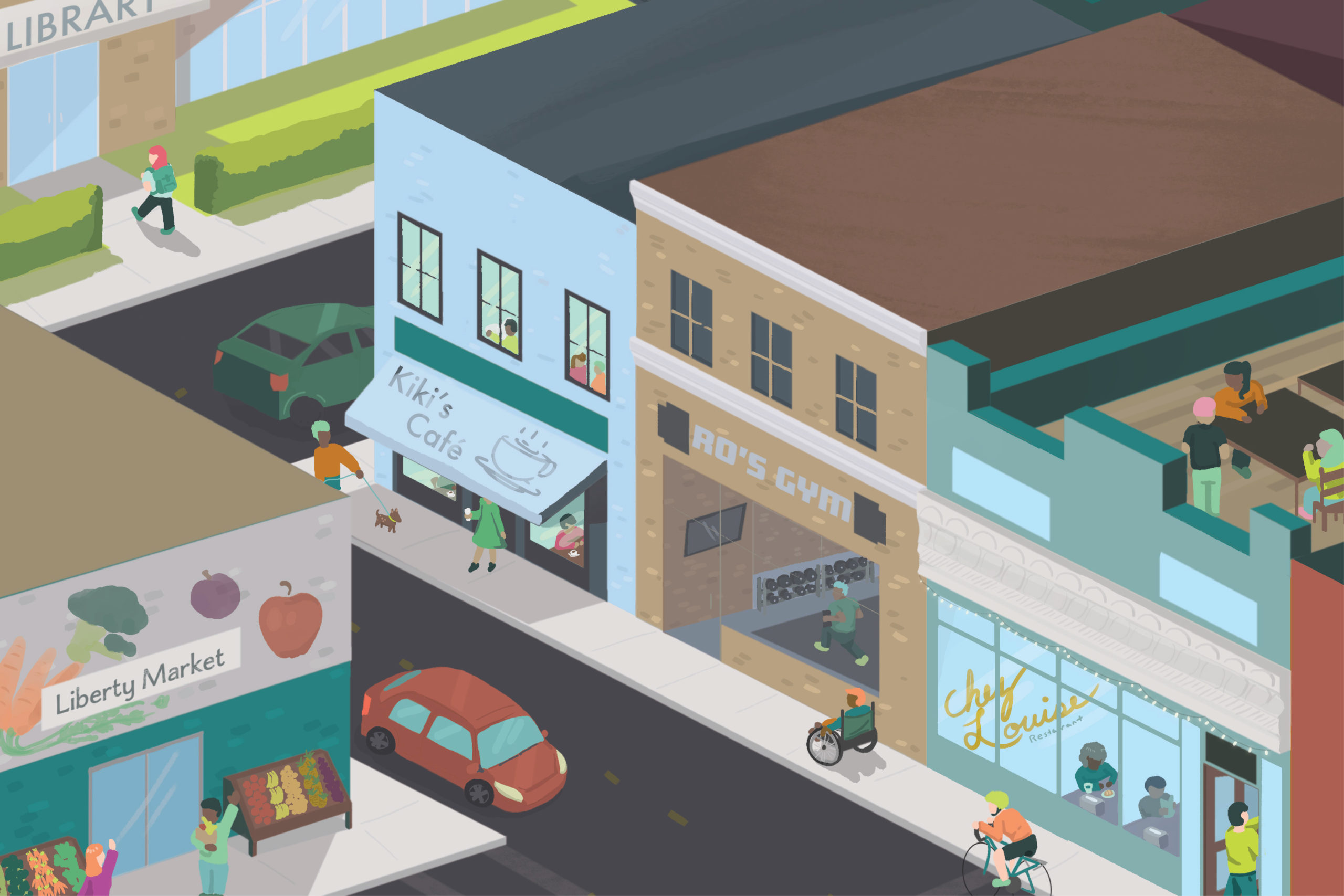
The COVID-19 pandemic forced Americans across the country to reconsider their residential priorities. Today, many Americans would prefer to live in small towns or rural areas rather than denser urban neighborhoods, and they are more likely to prioritize personal space over access to community amenities. The report investigates the physical and social features of local communities that Americans value most. Continue Reading →
The August 2021 American Perspectives Survey explores how much say parents and partisans believe parents, teachers, and legislators should have in deciding what is taught in public schools. Continue Reading →
Even as gay and lesbian issues have slipped from national headlines, public attitudes on LGBTQ issues continue to evolve. Continue Reading →
Survey report September 22, 2021
Controversy and Consensus: Perspectives on Race, Religion, and COVID-19 in Public Schools
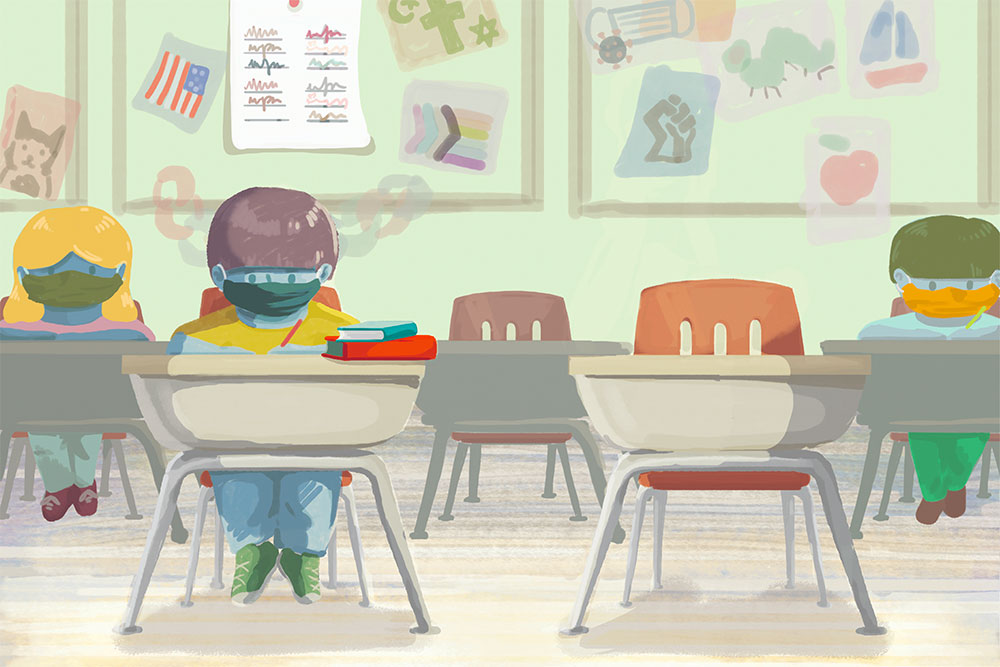
At a time of rapid cultural change, Americans continue to debate what students should learn about race, sex, and religion. While the public broadly supports students learning about America’s complicated racial legacy, political divisions persist. Democrats are far more willing to defer to teachers, while Republicans want a much larger role for parents in education decisions. Continue Reading →

